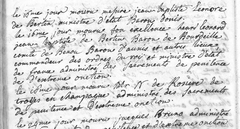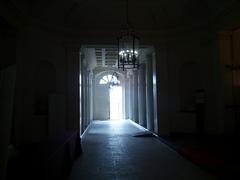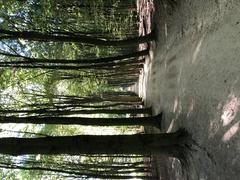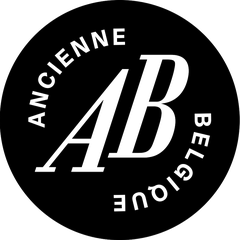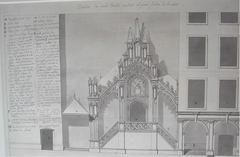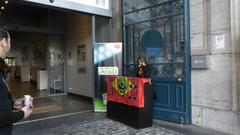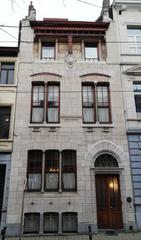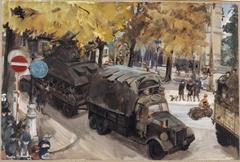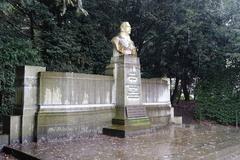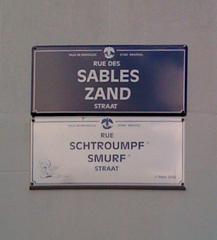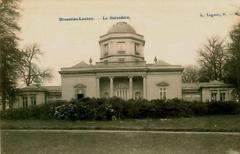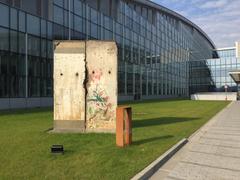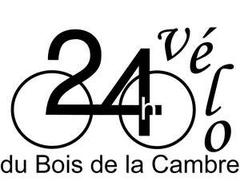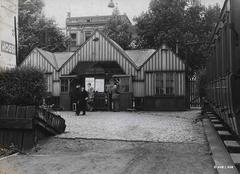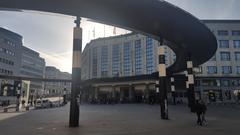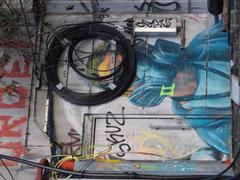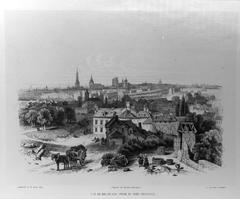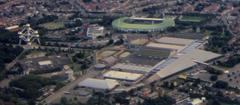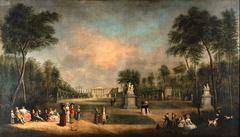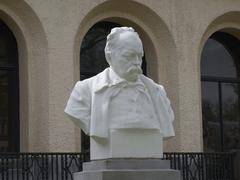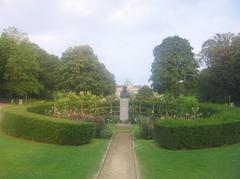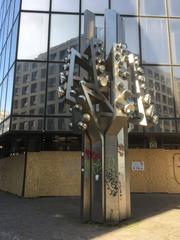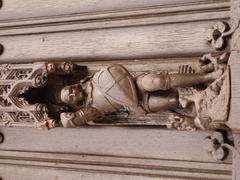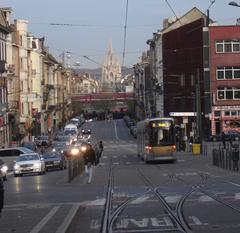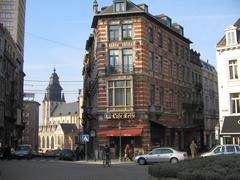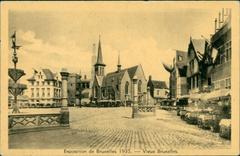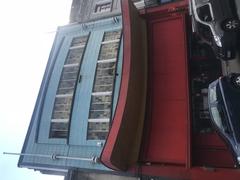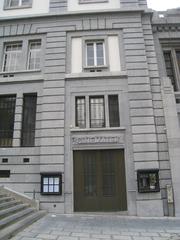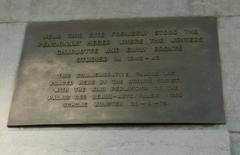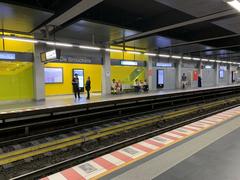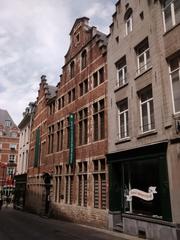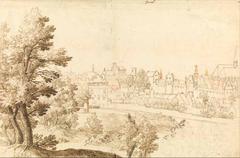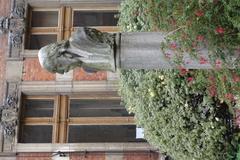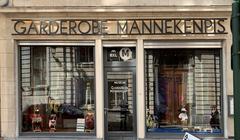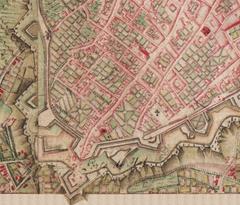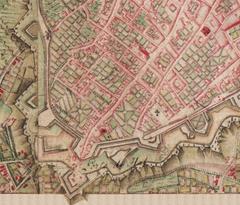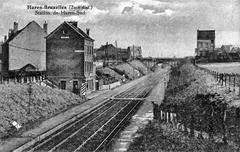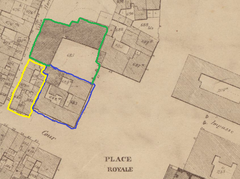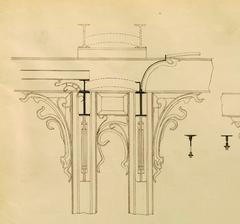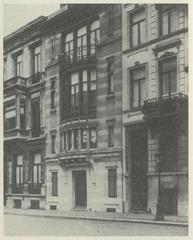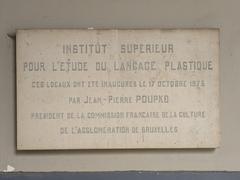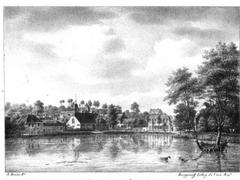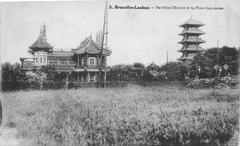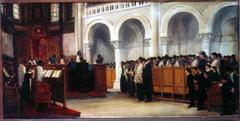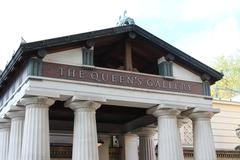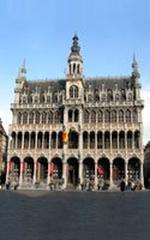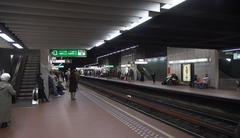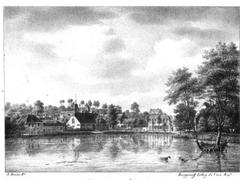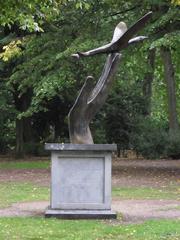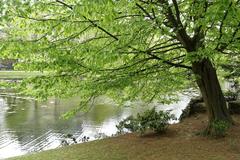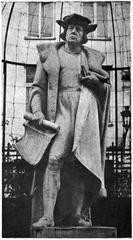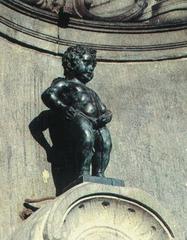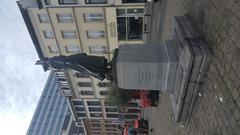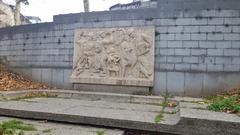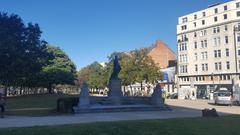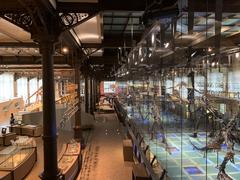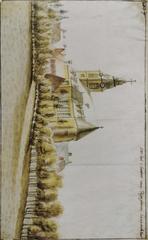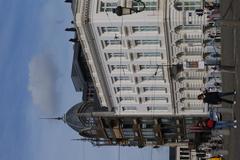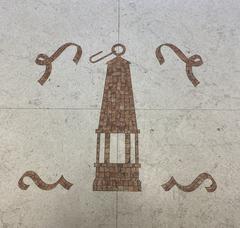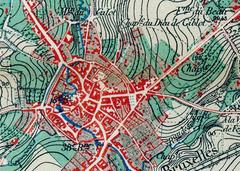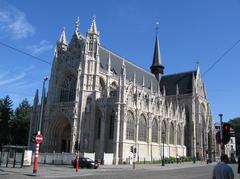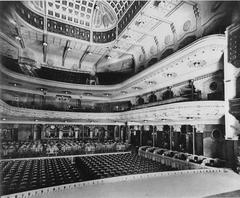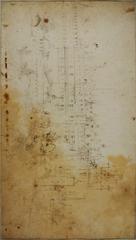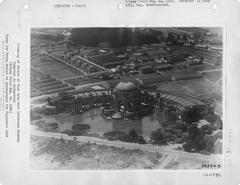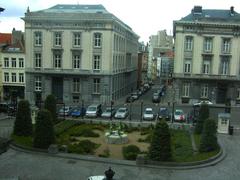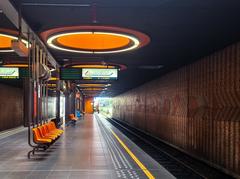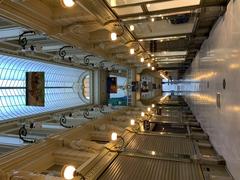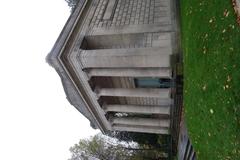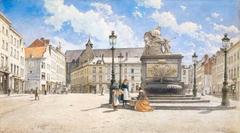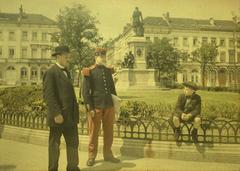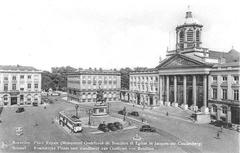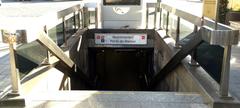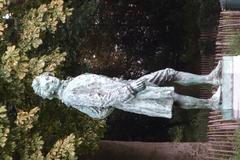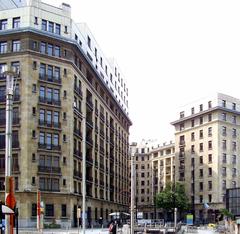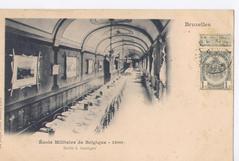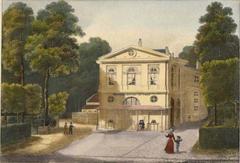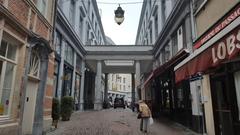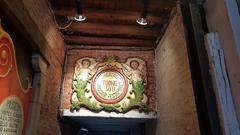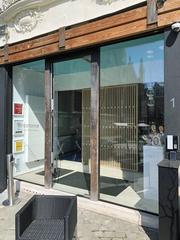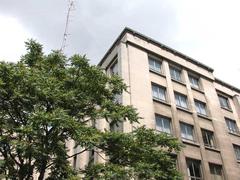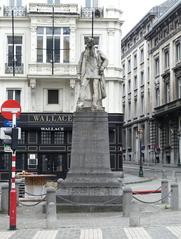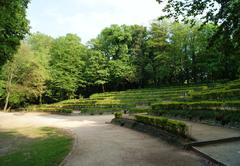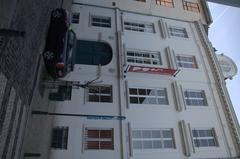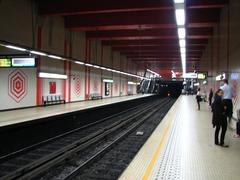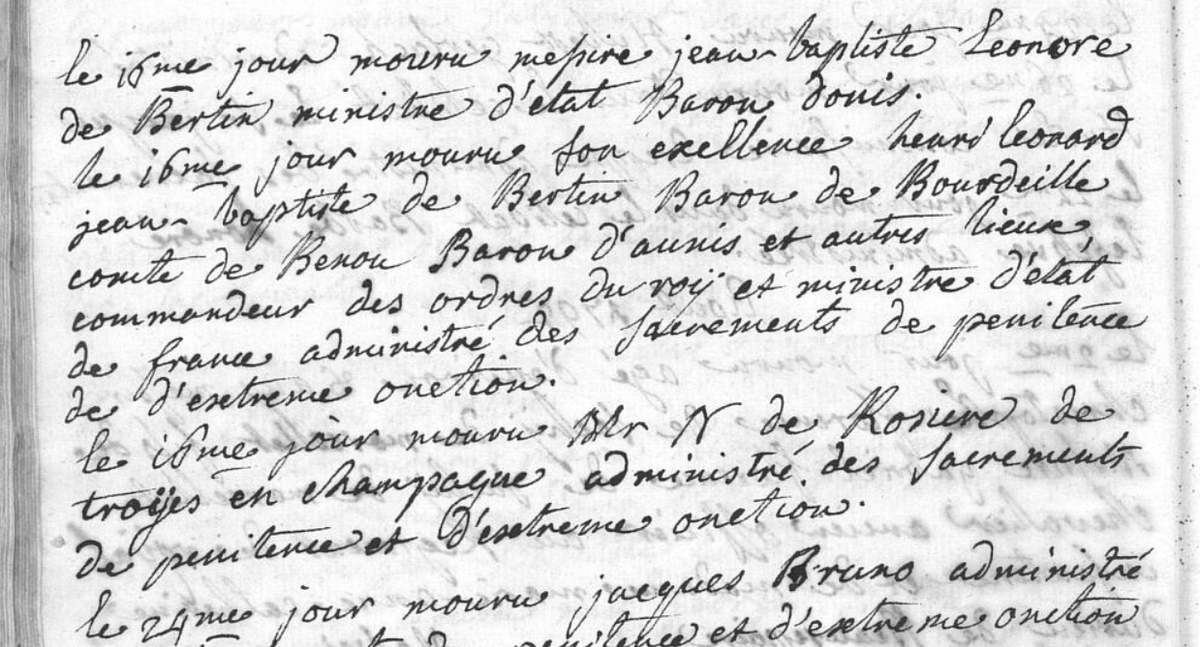
State Archives of Belgium Brussels: Visiting Hours, Tickets, and Historical Sites Guide
Date: 14/06/2025
Introduction
Located in the heart of Belgium’s capital, the State Archives of Belgium in Brussels serve as the primary guardian of the nation’s documentary heritage. This essential institution preserves centuries of political, social, and cultural records, making it an invaluable destination for historians, genealogists, students, and visitors interested in Belgium’s past. With free admission, extensive digital resources, and proximity to major Brussels landmarks, the archives offer a unique, enriching experience for anyone eager to explore the country’s history (arch.be; arch.arch.be).
Table of Contents
- Introduction
- About the State Archives of Belgium in Brussels
- Visitor Information
- Accessibility
- Collection Highlights
- Digital Resources and Online Access
- Nearby Attractions in Brussels
- Frequently Asked Questions (FAQ)
- Conclusion and Recommendations
- Sources
About the State Archives of Belgium in Brussels
The State Archives of Belgium in Brussels is the central repository for the nation’s historical documents. Its holdings span from the Middle Ages to the present day, including government records, notarial deeds, court files, private family archives, and millions of genealogical records. With over 325 kilometers of archives and 25 kilometers of books, it is one of the country’s largest and most significant heritage institutions.
The archives play a crucial role in safeguarding Belgium’s collective memory and supporting a wide range of academic, genealogical, and cultural research. The recent launch of the AGATHA digital platform in December 2024 has further enhanced public access to these valuable resources (arch.be).
Visitor Information
Location and Directions
The main National Archives building sits conveniently in central Brussels, within walking distance of key city landmarks. The address is Rue de Ruysbroeck 2, 1000 Brussels.
How to get there:
- Metro: Parc/Park (Lines 1 & 5), Botanique/Kruidtuin (Lines 2 & 6)
- Bus: Several lines serve the area
- Train: Brussels Central Station is nearby
- Walk: Easily accessible from central attractions like the Grand Place and Mont des Arts (arch.arch.be)
Opening Hours
- Monday to Friday: 9:00 AM – 5:00 PM
- Saturday: 9:00 AM – 12:00 PM (check ahead, as Saturday opening may be limited)
- Sunday: Closed
Note: Hours may vary during public holidays. Always check the official website before your visit.
Admission and Registration
- Admission: Free access to reading rooms and most archival materials.
- Registration: Required for all new visitors; bring valid ID to receive a reader’s card.
- Advance Booking: Recommended for reading room seats, especially during busy research periods. Reservations can be made online via the archives’ website.
- Special Events: Some exhibitions, seminars, or guided tours may require separate tickets or advance registration.
Guided Tours and Events
The State Archives regularly offer guided tours, workshops, and exhibitions, providing deeper insight into Belgium’s history and archival practices. These events are ideal for researchers, students, and cultural tourists. For the latest schedule, visit the official events page.
Accessibility
The State Archives in Brussels are fully committed to accessibility:
- Physical Access: Ramps, elevators, and adapted restrooms for visitors with reduced mobility.
- Assistance: Staff are available to help; contact in advance for specific needs.
- Languages: Services and finding aids are available in Dutch, French, and English; many staff also speak English.
Collection Highlights
The archives’ collections span a remarkable range of materials:
- Government & Administrative Records: From local and regional authorities.
- Judicial and Notarial Archives: Court documents, notarial deeds, and legal files.
- Genealogical Records: Digitized church and civil registers, population registers, and vital records—millions of names indexed via the Search Persons platform.
- Private Archives: Documents from prominent Belgian families and organizations.
- Special Collections: Over 38,000 seal moulds, historical statistical yearbooks, and rare manuscripts.
- Colonial Archives: Records related to Belgium’s overseas territories (Congo, Rwanda, Burundi).
Digitization is ongoing, making an increasing number of documents available online, including large collections of maps, plans, and images (arch.arch.be).
Digital Resources and Online Access
The State Archives’ AGATHA platform, launched in December 2024, significantly expands digital access:
- Virtual Reading Rooms: Browse digitized records, maps, plans, and vital documents.
- Online Catalogues: Comprehensive inventories and finding aids.
- Remote Research: Many resources can be accessed from home, including millions of genealogical records (search.arch.be).
On-site computer terminals and free Wi-Fi are available for visitors.
Facilities and Visitor Services
- Reading Rooms: Modern, quiet spaces with individual workstations and power outlets.
- Lockers: Complimentary lockers for personal belongings; only notepads, pencils, and laptops allowed in reading rooms.
- Research Assistance: Professional archivists provide guidance for research and navigating the collections.
- Copying/Photography: Permitted under certain conditions; ask staff for details.
- Amenities: Restrooms, Wi-Fi access, and access to digital catalogues.
Nearby Attractions in Brussels
Combine your visit to the State Archives with other iconic sites:
- Grand Place: UNESCO-listed central square with historic guildhalls.
- Royal Palace of Brussels: The official palace of the Belgian monarchy.
- BELvue Museum: A journey through Belgian history.
- Mont des Arts: Cultural hub with museums and panoramic views.
- Royal Museums of Art and History, Magritte Museum, and Belgian Comic Strip Center: All within easy reach.
Public transport connects these sites conveniently (visit.brussels).
Frequently Asked Questions (FAQ)
Q: Do I need to book in advance?
A: Registration is required; advance booking for reading room seats is recommended, especially during busy periods.
Q: Is admission free?
A: Yes, access to reading rooms and most materials is free; special events may require tickets.
Q: Is the building accessible?
A: The archives are fully accessible, with adapted facilities for visitors with reduced mobility.
Q: Can I photograph documents?
A: Photography is generally allowed for personal research, but restrictions apply to fragile materials. Ask staff for guidance.
Q: Are the archives suitable for children?
A: While primarily aimed at adult researchers, occasional educational events and exhibitions may be suitable for older children.
Q: Can I access documents online?
A: Yes, millions of records are digitized and available via the AGATHA platform and Search Persons.
Conclusion and Recommendations
The State Archives of Belgium in Brussels provide an unparalleled opportunity to discover the nation’s rich history through its preserved documents. With free admission, modern facilities, and expert staff, the archives cater to both professional researchers and casual visitors. Its central location allows you to integrate archival research with visits to nearby historical sites, enriching your Brussels itinerary.
Tips for a Successful Visit:
- Check opening hours and book your reading room seat in advance.
- Bring valid identification for registration.
- Prepare research details to maximize your time.
- Explore digital resources before and after your visit.
- Stay informed about exhibitions and events via the official website.
For further updates, follow the State Archives on social media and download the Audiala app to organize your research and notes during your visit.
Royal Castle of Laeken: Visitor Guide
Just outside Brussels, the Royal Castle of Laeken stands as the Belgian royal family’s official residence. Open to the public during select summer months, it offers a unique royal experience, with free entry to the grounds and ticketed guided tours of the interior. The surrounding Laeken Park and nearby attractions like the Royal Greenhouses and Atomium make this a prime destination for history and culture lovers. For visiting details, check the Royal Castle of Laeken website.
Summary and Visitor Recommendations
The State Archives of Belgium in Brussels are a cornerstone of the country’s heritage preservation, offering free and accessible resources for research and discovery. Their central location, expert staff, and comprehensive digital platforms make them indispensable for anyone interested in Belgian history. Plan ahead, make use of digital tools, and combine your visit with nearby cultural sites for a rewarding and memorable experience (arch.be; search.arch.be).
Sources and Further Reading
- Visiting the State Archives of Belgium in Brussels: A Guide for History and Culture Enthusiasts, 2024, State Archives of Belgium (https://www.arch.be/index.php?l=en)
- Visiting the State Archives of Belgium in Brussels: Hours, Tickets, and Historical Insights, 2024, State Archives of Belgium (https://arch.be/index.php?l=en)
- Visiting the State Archives of Belgium in Brussels: Hours, Access, and Research Tips, 2025, State Archives of Belgium (https://arch.arch.be/index.php?l=en)
- Visiting the State Archives of Belgium in Brussels Official Platforms, 2024–2025 (https://search.arch.be/)
